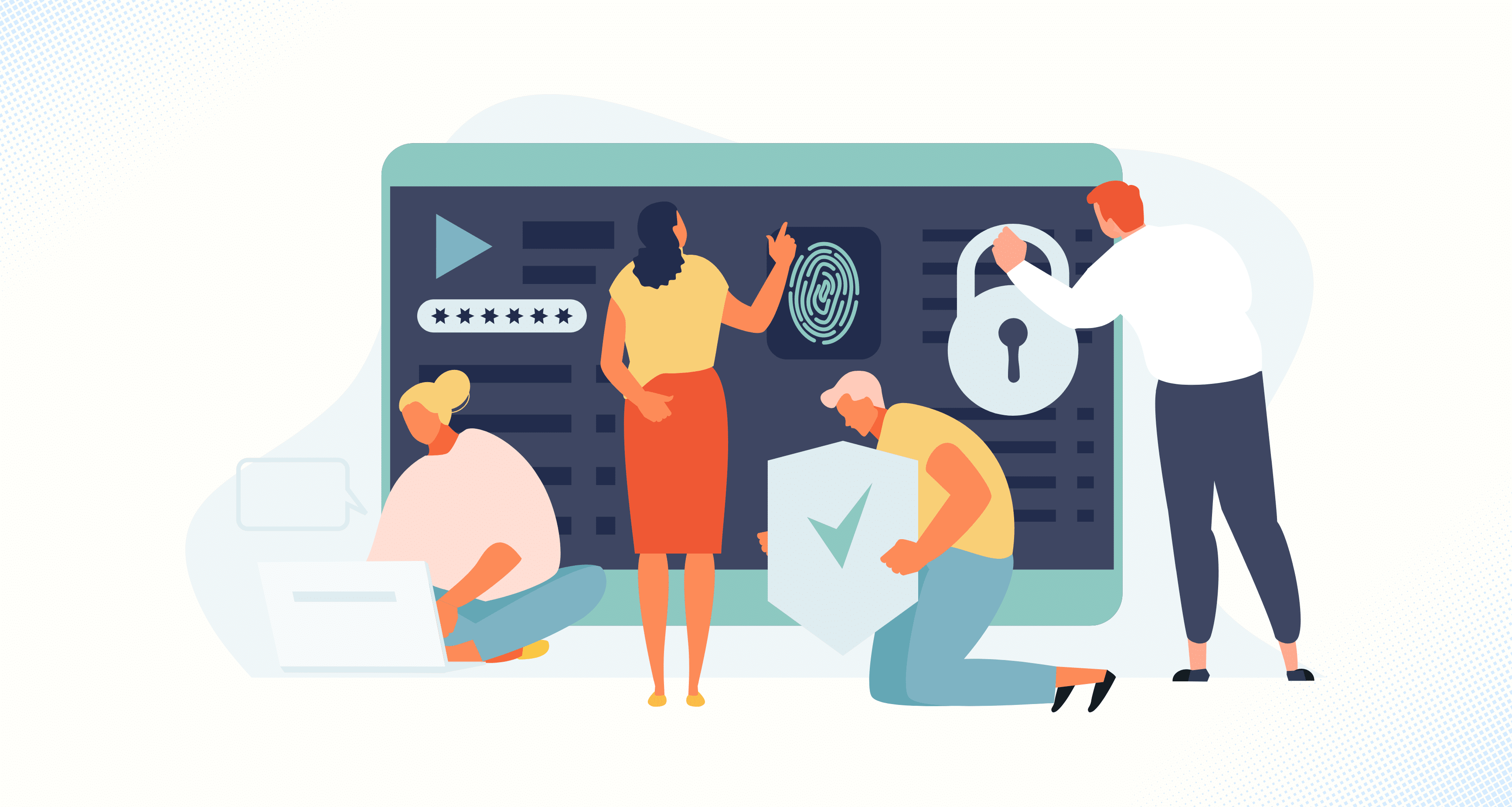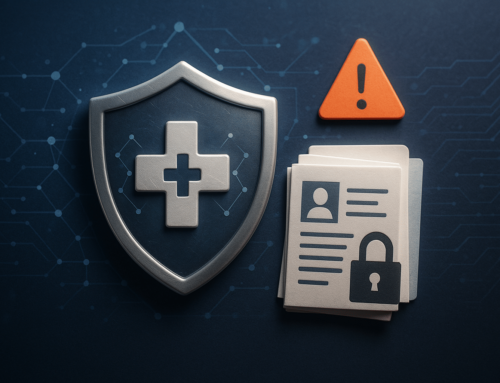
Successful healthcare delivery and the promotion of public health depend significantly on the collection, use, storage, and sharing of medical information. All too often, compliance officers and other healthcare leaders must be continually vigilant about the possibility of data breaches and threats to cybersecurity. We’ll discuss essential tools and strategies to help maintain your organization’s data privacy compliance.
Importance of Data Protection Standards
Data privacy in healthcare refers to safeguarding information tied to a patient’s health status and medical records. Private data includes protected health information (PHI) like names, addresses, and medical details, such as test results, diagnoses, and medical histories. Privacy ensures that these pieces of information are protected from unauthorized disclosure, use, or access.
In 2023 alone, the U.S. Department of Health and Human Services received 725 reports of large-scale security breaches in healthcare, more than two a day on average. With data breaches being a growing threat to hospitals, medical vendors, and other healthcare-related services, compliance with data security regulations and a thorough understanding of data privacy have never been more crucial.
Data Privacy Tools and Strategies Supporting Healthcare Compliance
Here are the standard tools, processes, and resources that can support your organization’s compliance with data privacy regulations.
Employee Guidelines for Handling Patient Data
Your organization-wide compliance program should create guidelines for all staff handling patient information. A consistent and transparent framework can help your employees understand and carry out their responsibilities without putting themselves and your organization at odds with regulatory agencies. Guidelines should include proper use and handling of sensitive information. Staff should also be able to access these guidelines online or through written materials if they have questions about applying them.
Staff Training
Employees should receive regular, comprehensive training about all relevant data privacy regulations and their importance to patient safety and security. Plain language with examples for procedures, such as those pertaining to data encryption, sharing patient information, document disposal, and password management, can promote comprehension and help prevent avoidable data breaches. Compliance officers should also ensure that staff receive refresher training sessions as regulations mandate.
Regular Risk Assessments
A regular risk assessment is one of the most essential data privacy compliance tools. Regular assessments of physical assets, data software, hardware and servers, and cloud networks can help compliance officers identify data privacy threats, likelihood, and potential impacts. Risk assessment reports also inform the necessary remedies and mitigation approaches for preventing devastating breaches and avoiding serious compliance violations.
Incident Response Plan
Another important data privacy tool is an incident response plan. Implementing concrete actions immediately after data breaches can reduce the damage and help your organization rebuild trust.
This plan should identify a response team comprising personnel with expertise in information technology (IT), compliance, legal, financial, and other key organizational functions. Team members are crucial in developing and implementing your incident response plan and outlining specific action steps for key staff. Personnel following the plan should know how to detect and report incidents, contain each crisis, notify relevant groups and community members, investigate the cause(s), and gather evidence.
Secure Information Technologies
In an era of cutting costs and streamlining processes, it never pays to skimp on IT systems. Strong measures like access control and encryption pay immeasurable dividends regarding data privacy. Acquiring these essential data privacy tools is a good start, but it’s not enough. It’s also necessary to run regular system updates, which you can automate with the right software.
Data Privacy Compliance Tools: The Role of Software
Another critical technological investment in your data privacy plan is compliance software. The best software packages can perform automated but essential functions to keep your organization and its employees compliant with data security regulations and other healthcare standards.
With a strong compliance software package, you can:
- Stay updated on changes to data privacy regulations
- Provide access to employee training modules
- Record training completion scores and monitor employee progress
- Send reminders about training refreshers
- Create and distribute audit and risk assessment reports
- Receive and monitor incident reports
- Store and share essential documents, including policies and protocols
- Automate administrative tasks









